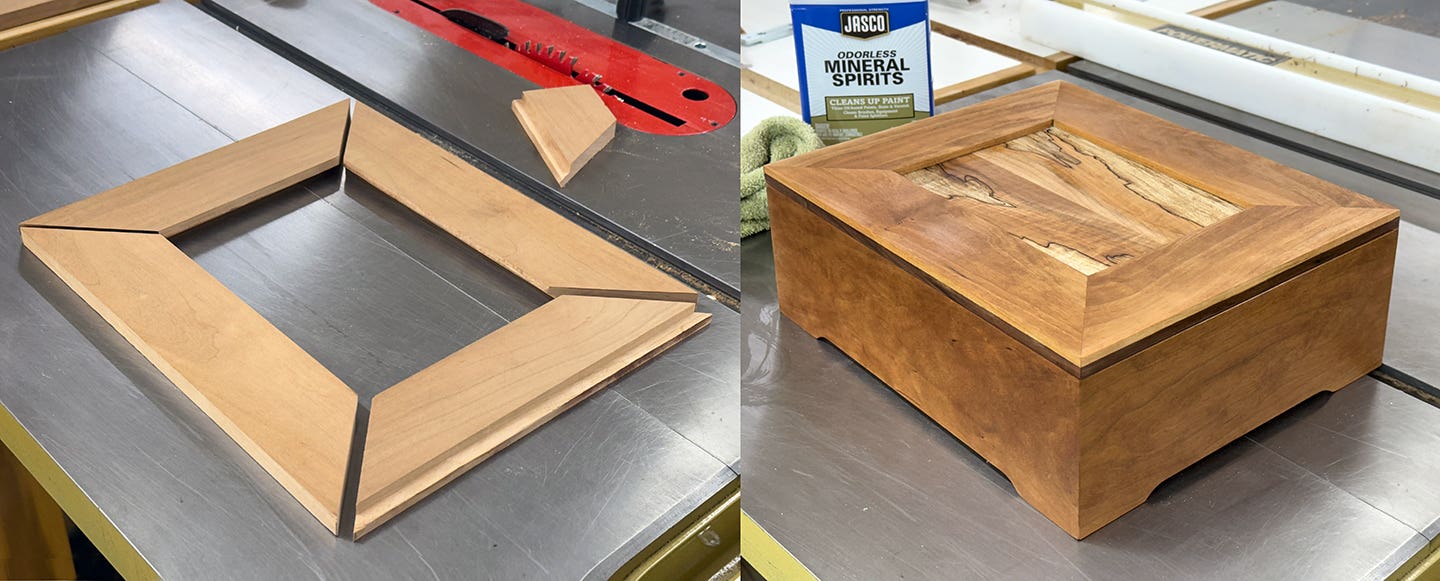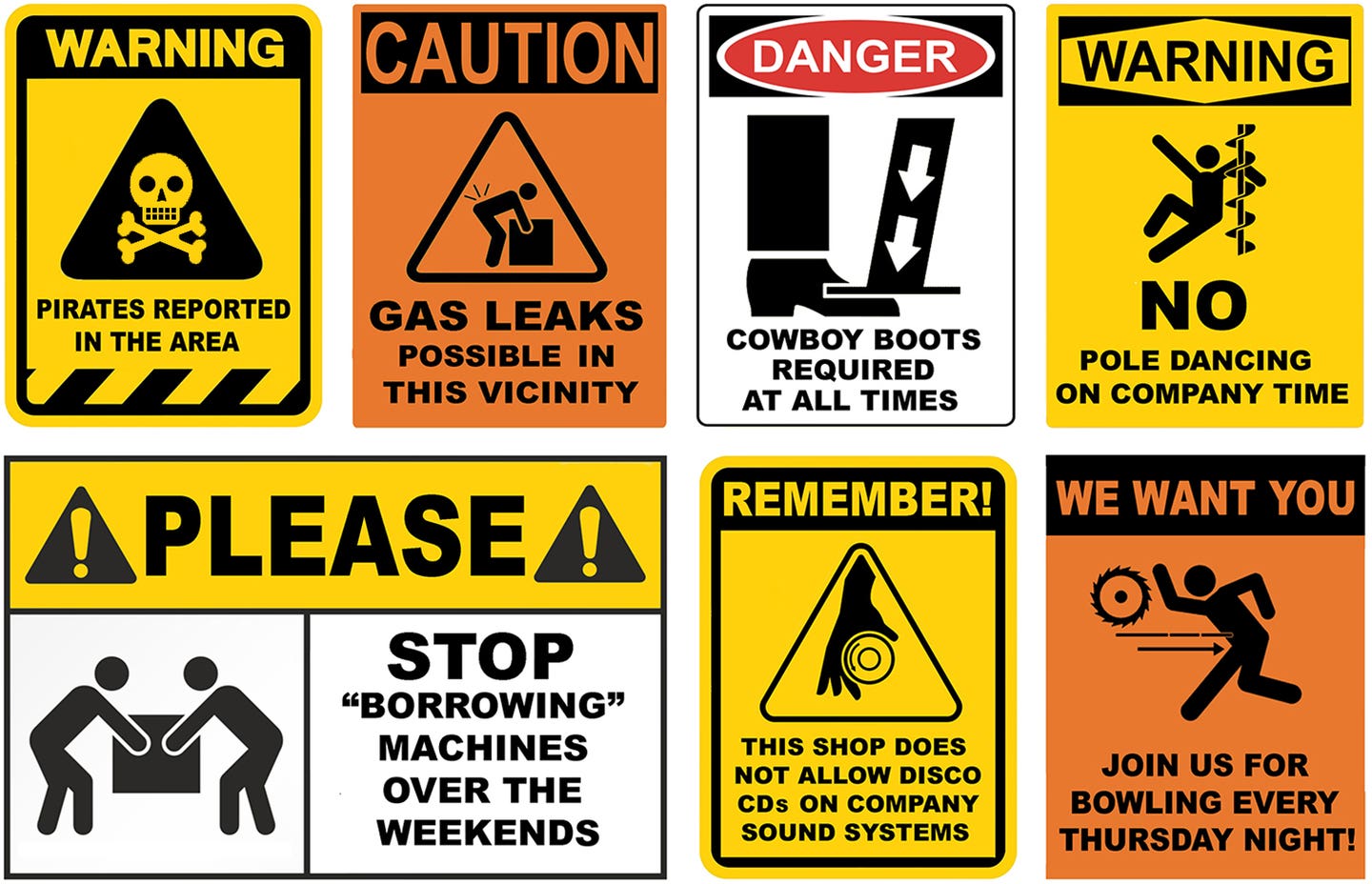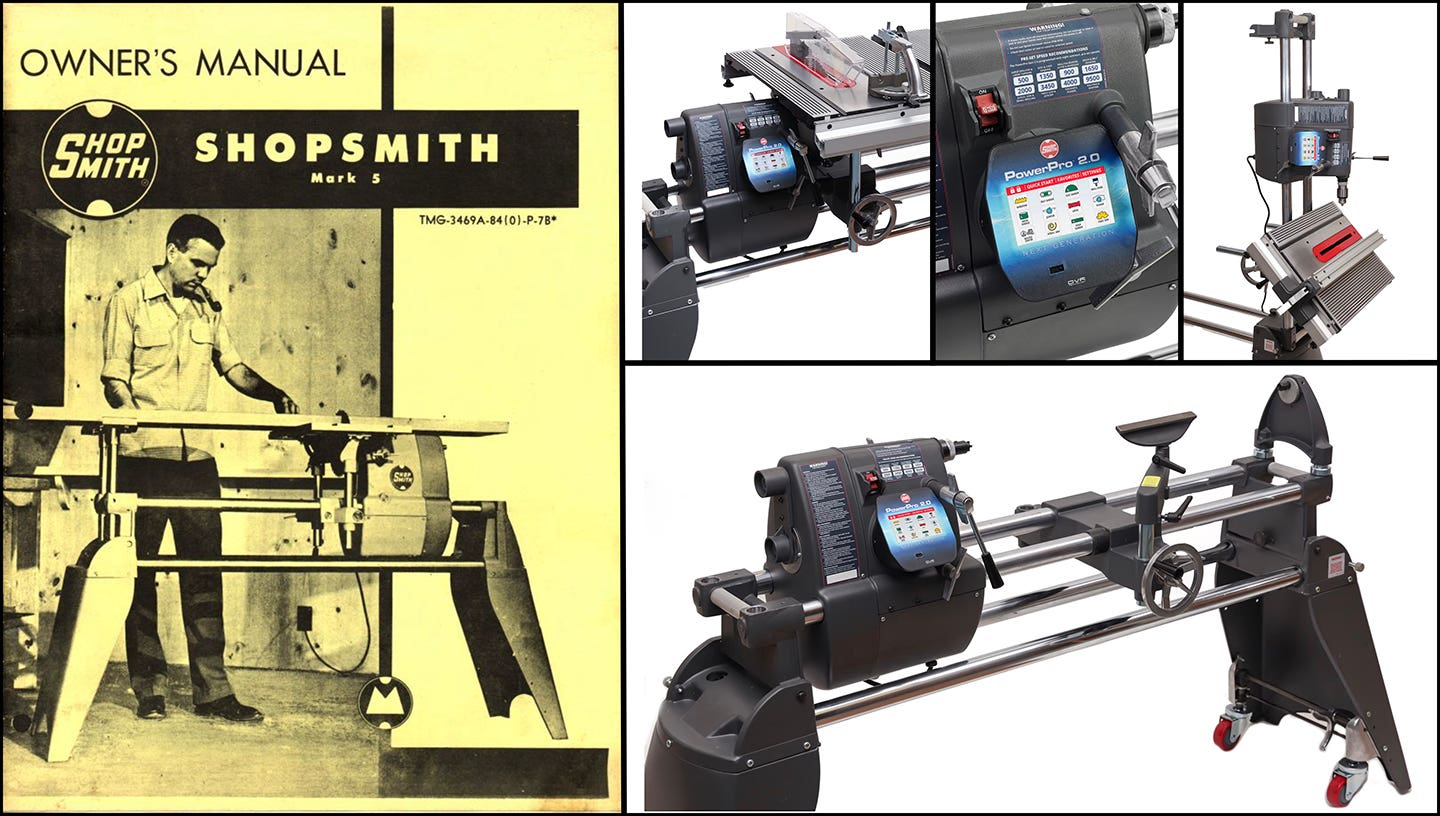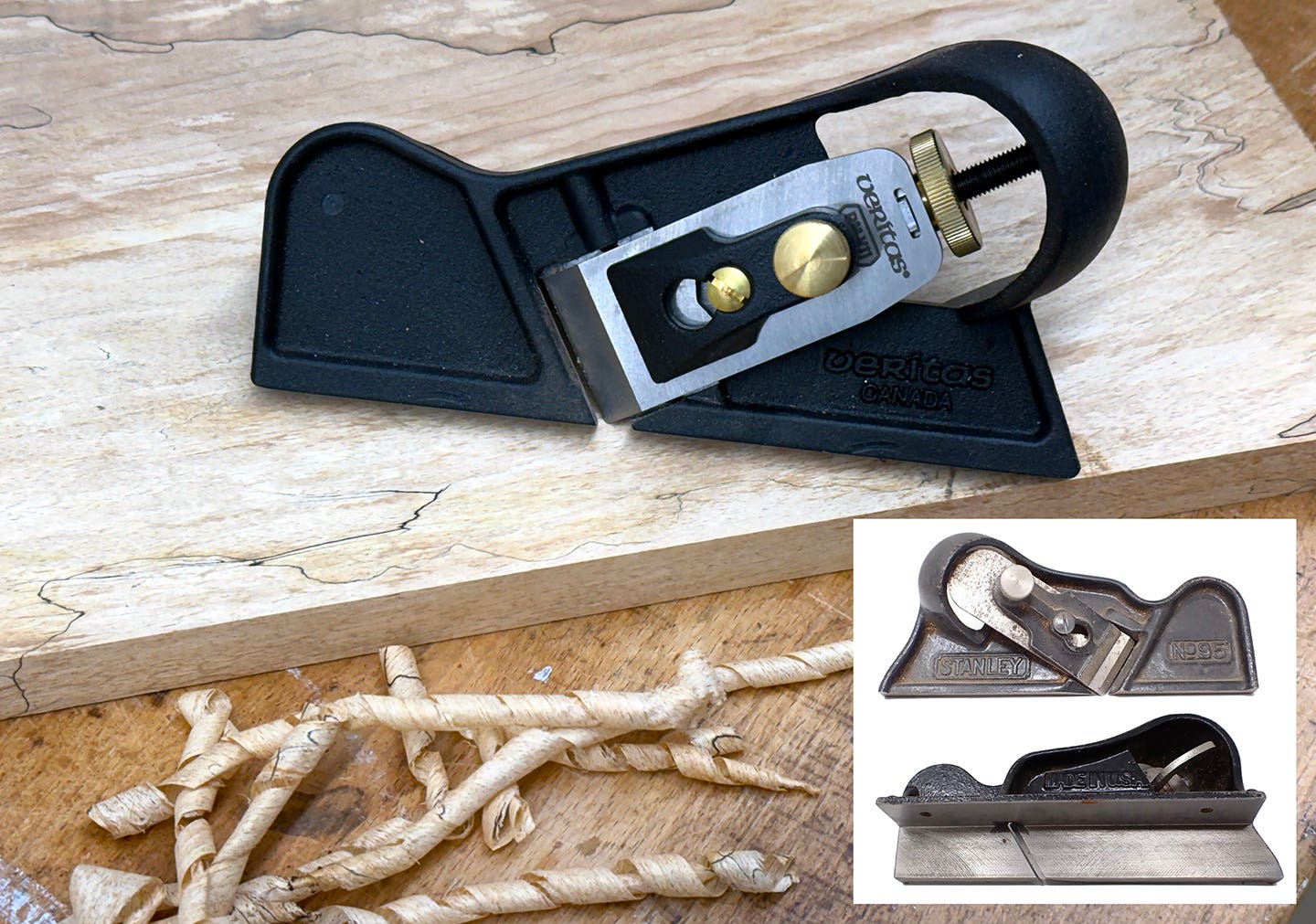Knowing when to stop
Do you ever get that feeling that you should just put down your tools and go home? Maybe you are feeling tired or frustrated for one reason or another or…
Do you ever get that feeling that you should just put down your tools and go home? Maybe you are feeling tired or frustrated for one reason or another or maybe you just get one of those "feelings."
I get these from time to time and I have gotten to the point where I just go ahead and put the tools down and go home. Because, over the years, every time I have ignored one, I have later wished I'd listened to that little voice in my head. It's hard sometimes if you are on a deadline or just need another half hour to get whatever it is you are working on done. But, after many years of doing this work, I have come to realize that every time I ignore the "little voice," I end up either screwing something up or hurting myself.
It might be something small and easily remedied like mounting the pull on the inside of the cabinet door. But more often than not, even though it may be a "little thing," it may create a big problem that is not so easy to fix. Like cutting the perfect hinge mortice on the front edge of that chest you just spent five weeks building.
It's been said that there are no mistakes, just design opportunities. Whenever I hear that, the first thought that goes through my mind is "Oh great, just what I need, another [fill in the blank] design opportunity!" Better to listen, put down the tools, go home, have a beverage and get some rest. You will never know what you missed because the path untraveled is the path unknown. But you can bet the chances are good that you are better off not knowing.
D.D.
David DeCristoforo possesses an extensive resume as designer/maker of fine furniture, high-end cabinetry and architectural woodwork. His experience in professional woodworking spans a period of 35 years. For the past 20 years David DeCristoforo Design has been located in Woodland, California. During this time David's shop has ranged in scope from a "full on" cabinet production shop with as many as 15 employees to a small fine furniture and custom millwork shop, working with his son, David RBJ, a highly skilled maker in his own right.







